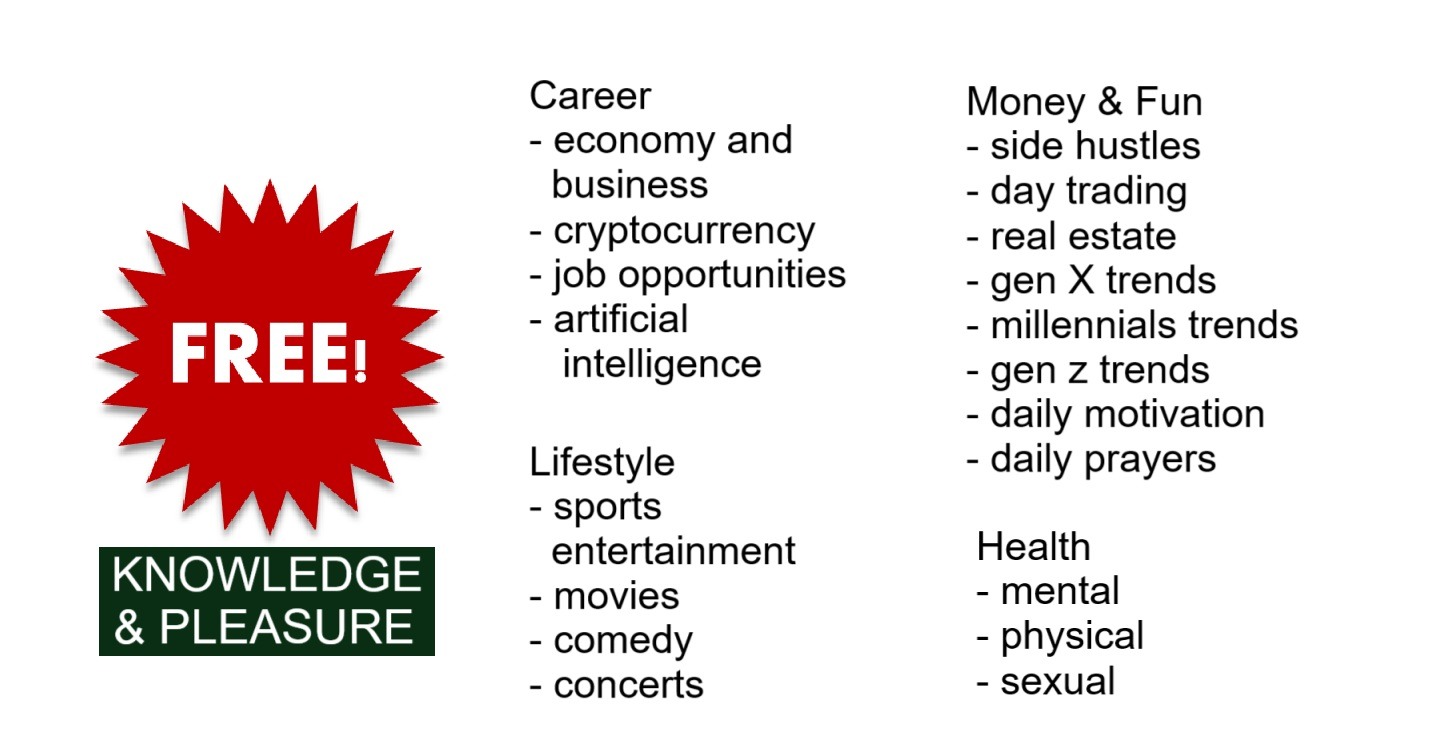Last Updated on April 15, 2025 by Royce Pierpont
Deutsche Telekom, a multinational telecommunications company headquartered in Bonn, Germany, is one of the world’s leading integrated telecommunications companies. With operations in more than 50 countries, Deutsche Telekom offers a range of services and products, including fixed-network/broadband, mobile communications, internet, and IPTV products for consumers, and innovative business solutions for medium and large-sized companies. This SWOT analysis provides an in-depth examination of Deutsche Telekom’s strengths, weaknesses, opportunities, and threats, offering valuable insights for marketers, market researchers, industry researchers, academics, job seekers, and businesses.
Strengths:
- Market Leadership: Deutsche Telekom is the market leader in the German telecommunications industry and has a significant presence in Europe and the United States, enabling the company to leverage economies of scale, reduce costs, and increase efficiency.
- Diversified Product Portfolio: The company offers a wide range of products and services, including fixed-network/broadband, mobile communications, internet, and IPTV products for consumers, and innovative business solutions for medium and large-sized companies. This diversified portfolio enables Deutsche Telekom to cater to various customer segments and reduces its dependence on specific markets or products.
- Strong Financial Performance: Deutsche Telekom has consistently reported robust financial results, with total revenue of €101.3 billion in 2020. The company’s strong financial position enables it to invest in research and development, infrastructure, and marketing, thereby maintaining its competitive edge.
- Innovation and Research & Development: Deutsche Telekom invests heavily in research and development, enabling the company to stay at the forefront of technological advancements. The company has filed numerous patents, showcasing its commitment to innovation and technological development.
- Brand Recognition and Reputation: Deutsche Telekom enjoys a strong brand reputation, which has been built over several decades. The company’s reputation for quality, reliability, and innovation has helped it attract and retain customers, making it one of the most recognized brands in the telecommunications industry.
Weaknesses:
- Regulatory Environment: The telecommunications industry is heavily regulated, and Deutsche Telekom is subject to various regulations and compliance requirements. These regulations can limit the company’s ability to operate freely and increase its compliance costs.
- Dependence on Suppliers: Deutsche Telekom depends on various suppliers for equipment, components, and services. This dependence can increase the company’s costs and reduce its bargaining power, thereby affecting its profitability.
- High Fixed Costs: The telecommunications industry is characterized by high fixed costs, including network infrastructure, research and development, and marketing. These high fixed costs can limit the company’s flexibility in responding to changes in market conditions.
- Intense Competition: Deutsche Telekom faces intense competition from local and international telecommunications companies. This competition can limit the company’s ability to increase prices, expand its market share, and maintain its profitability.
Opportunities:
- Growth in Emerging Markets: There is significant growth potential in emerging markets, including Asia, Africa, and Latin America. Deutsche Telekom can leverage its expertise and resources to expand its presence in these markets and tap into the vast growth opportunities they present.
- Digital Transformation: The ongoing digital transformation presents significant opportunities for Deutsche Telekom. The company can leverage its expertise in telecommunications to provide innovative digital solutions to businesses and consumers, thereby expanding its product portfolio and increasing its revenue streams.
- 5G Technology: The deployment of 5G technology presents significant opportunities for Deutsche Telekom. The company can leverage its expertise in telecommunications to provide 5G services to businesses and consumers, thereby expanding its market share and increasing its revenue.
- Internet of Things (IoT): The growth of the Internet of Things (IoT) presents significant opportunities for Deutsche Telekom. The company can leverage its expertise in telecommunications to provide IoT solutions to businesses and consumers, thereby expanding its product portfolio and increasing its revenue.
Threats:
- Technological Disruptions: Technological disruptions, including the development of new communication technologies, can threaten Deutsche Telekom’s market position and profitability. These disruptions can render the company’s existing products and services obsolete, thereby reducing its revenue streams.
- Cybersecurity Threats: Cybersecurity threats, including hacking, data breaches, and cyber-attacks, pose significant threats to Deutsche Telekom. These threats can compromise the company’s network infrastructure, customer data, and reputation, thereby reducing its revenue and profitability.
- Economic Uncertainty: Economic uncertainty, including recessions, financial crises, and trade wars, can threaten Deutsche Telekom’s revenue and profitability. These uncertainties can reduce consumer and business spending, thereby limiting the company’s revenue growth.
- Environmental, Social, and Governance (ESG) Risks: Environmental, social, and governance (ESG) risks, including climate change, social inequality, and corporate governance, pose significant threats to Deutsche Telekom. These risks can affect the company’s reputation, revenue, and profitability, thereby reducing its market value.
In conclusion, Deutsche Telekom’s strengths, including market leadership, diversified product portfolio, strong financial performance, innovation and research & development, and brand recognition and reputation, position it well to capitalize on the opportunities presented by growth in emerging markets, digital transformation, 5G technology, and the Internet of Things (IoT). However, the company’s weaknesses, including dependence on suppliers, high fixed costs, intense competition, and a regulatory environment, and threats, including technological disruptions, cybersecurity threats, economic uncertainty, and ESG risks, require careful management to mitigate their impact on the company’s revenue and profitability. By addressing these weaknesses and threats, Deutsche Telekom can maintain its competitive edge and continue to thrive in the telecommunications industry.









